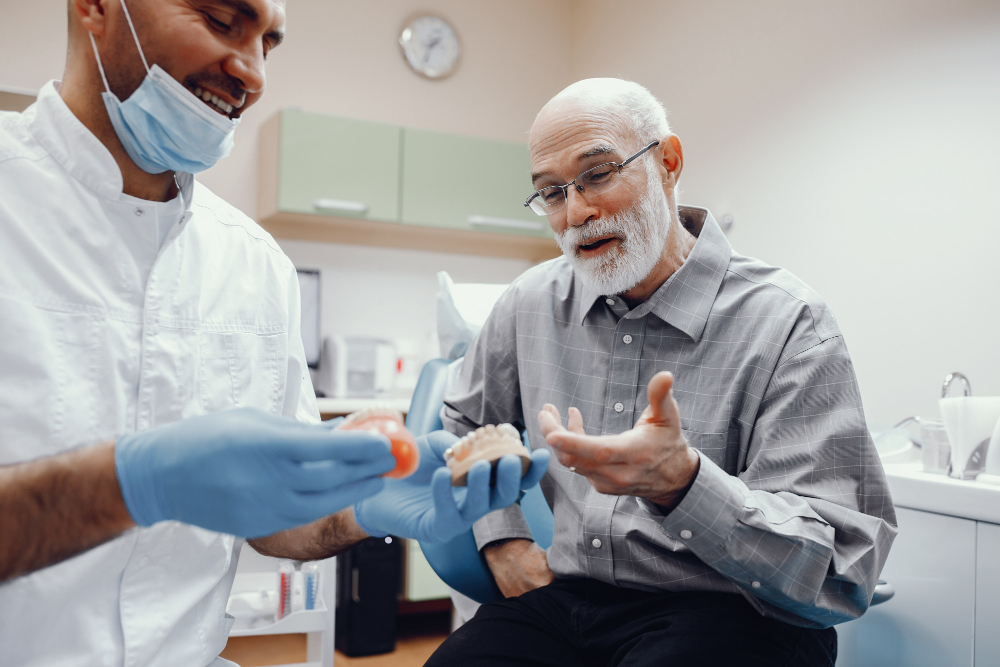Introduction to Dental Implants
Dental implants are a popular way to replace missing teeth. They look and feel like natural teeth. In fact, many people choose dental implants because they last a long time. If you are missing a tooth, you may wonder if dental implants are right for you. This guide will explain dental implants, their benefits, the dental implant procedure, risks, and aftercare. According to the American Dental Association, dental implants are safe and effective for most adults.
Benefits of Dental Implants
Dental implants offer many advantages over other tooth replacement options. For example, they:
Additionally, dental implants can boost your confidence. You can smile, eat, and talk without worry. Unlike bridges, implants do not harm nearby teeth. For many, these dental implant benefits make them the top choice.
Who Is a Candidate for Dental Implants?
Not everyone can get dental implants. However, most healthy adults are good candidates. You may be a candidate if you:
Still, some health conditions may affect healing. For instance, diabetes or certain medications can slow recovery. Your dentist will check your health before starting the dental implant procedure.
The Dental Implant Procedure (Step-by-Step)
The dental implant procedure usually takes several steps. Each step helps make sure your implant is strong and safe. Here is what you can expect:
Each step is important for a strong, lasting result. Your dentist will guide you through every stage of the dental implant procedure.
Risks and Potential Complications
Dental implants are safe for most people. Still, like any surgery, there are some risks. Possible dental implant risks include:
However, most problems are rare and can be treated. Choosing a skilled dental specialist lowers your risk. The CDC and dental journals agree that good oral hygiene helps prevent most issues.
Aftercare and Recovery Tips
Proper aftercare is key for dental implant success. After your procedure, follow these tips:
With good care, your dental implants can last many years. If you notice pain, swelling, or loose implants, contact your dentist right away.
Frequently Asked Questions
Conclusion
Dental implants are a strong, natural-looking way to replace missing teeth. They offer many benefits and can last for years with proper care. However, it is important to know the risks and follow your dentist’s advice. Consult a dental specialist for personalized advice on dental implants.

